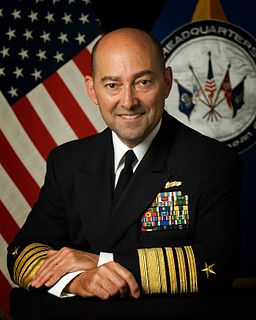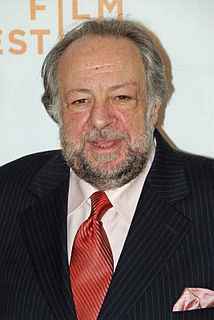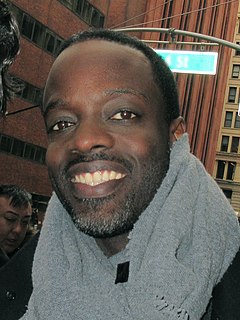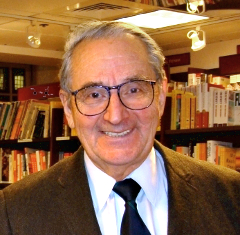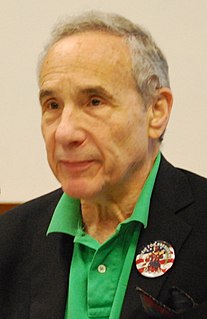A Quote by Gad Saad
Early in my doctoral training at Cornell University, I became immersed in the behavioral decision theory paradigm.
Quote Topics
Related Quotes
I came to graduate school at Harvard University in 1954. My thesis supervisor, Julian Schwinger, had about a dozen doctoral students at a time. Getting his ear was as difficult as it was rewarding. I called my thesis 'The Vector Meson in Elementary Particle Decays', and it showed an early commitment to an electroweak synthesis.
I flunked my exam for university two times before I was accepted by what was considered my city's worst university, Hangzhou Teachers University. I was studying to be a high school English teacher. In my university, I was elected student chairman and later became chairman of the city's Students Federation.
But very early in life I became part of the majority culture and now don't think of myself as a minority. Yet the university said I was one. Anybody who has met a real minority - in the economic sense, not the numerical sense - would understand how ridiculous it is to describe a young man who is already at the university, already well into his studies in Italian and English Renaissance literature, as a minority.

